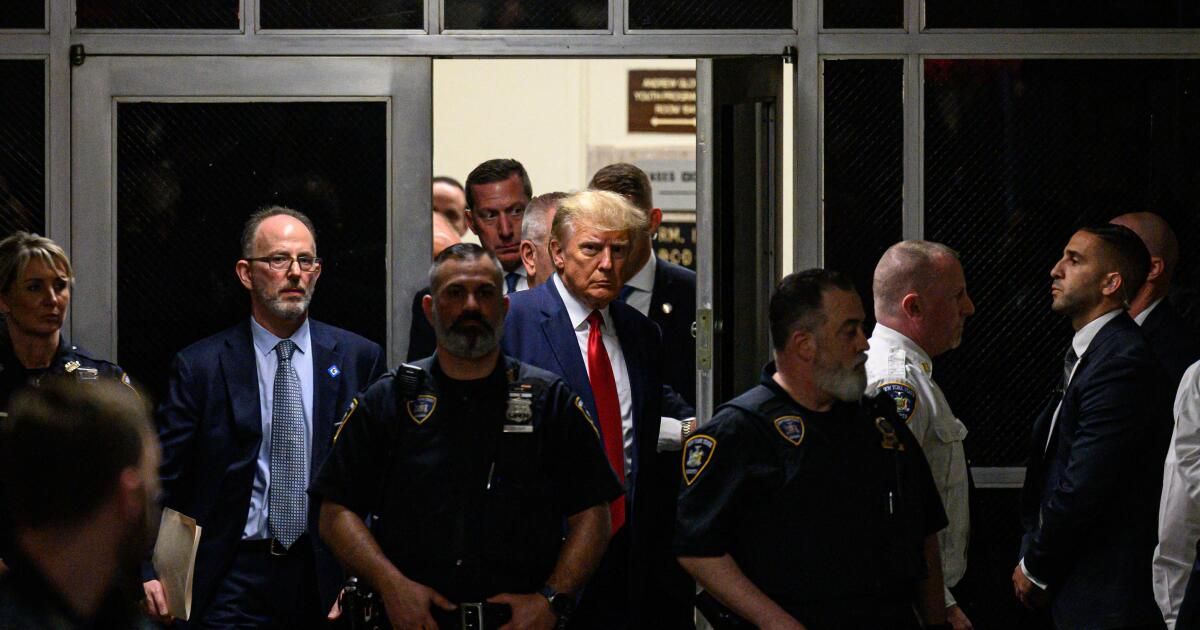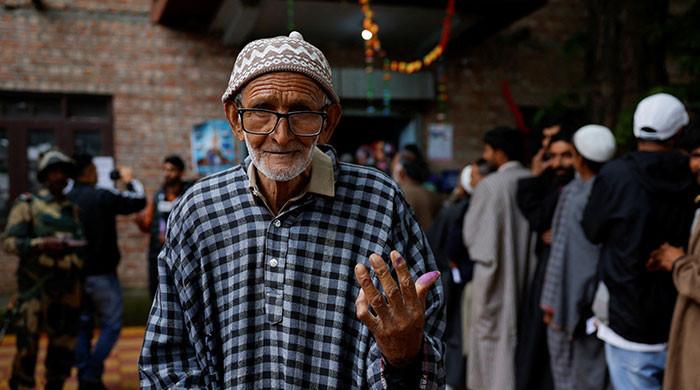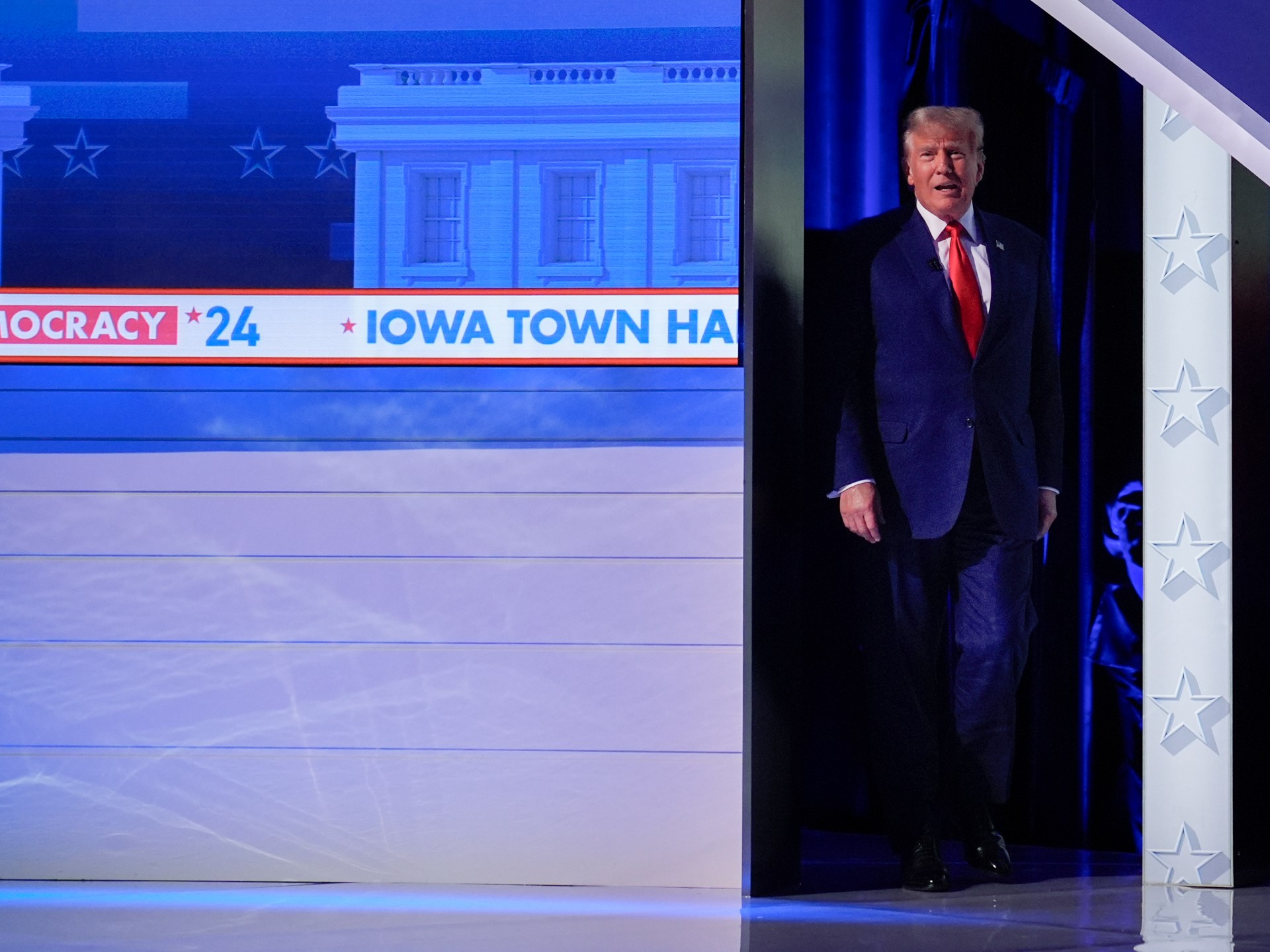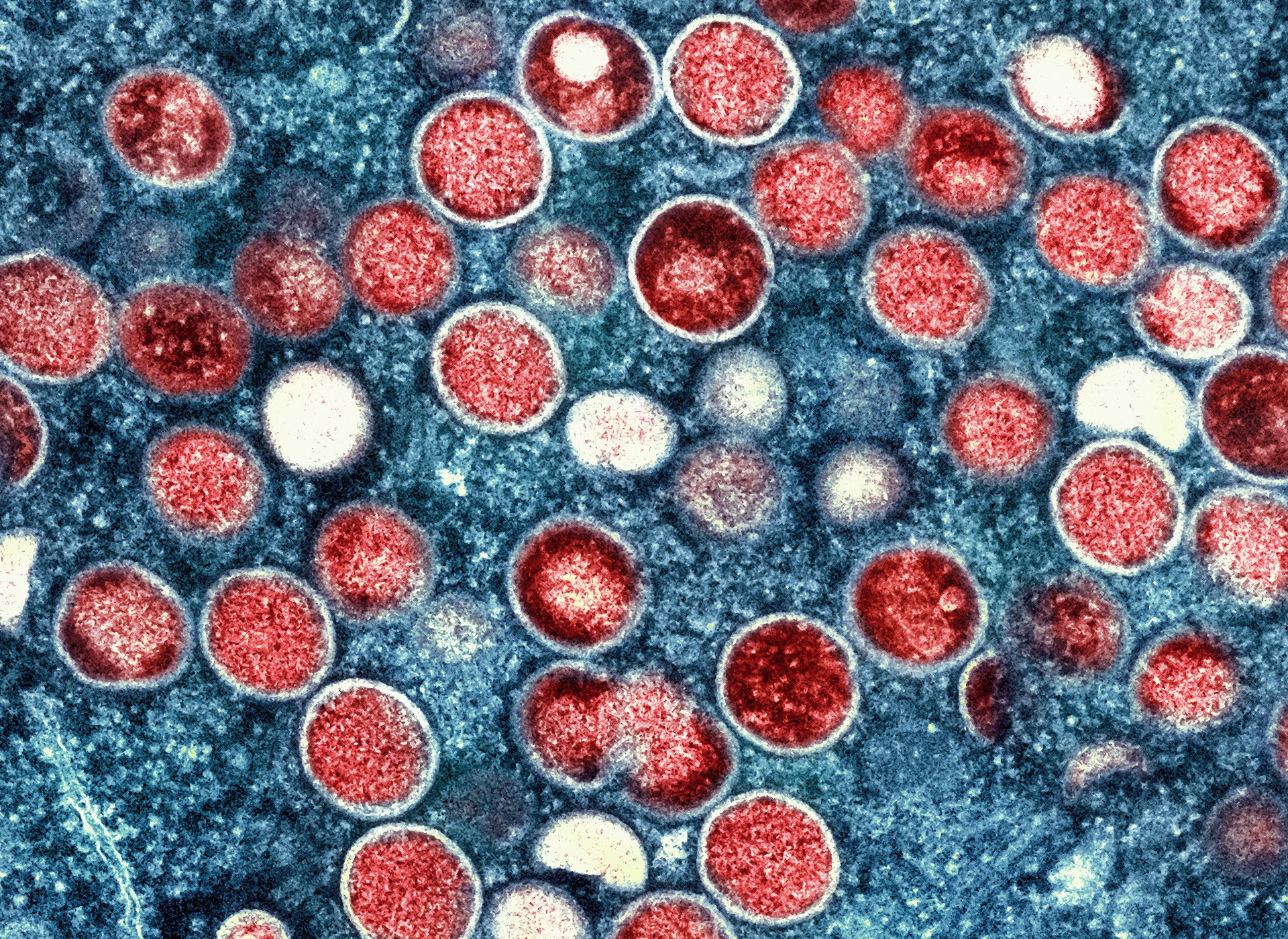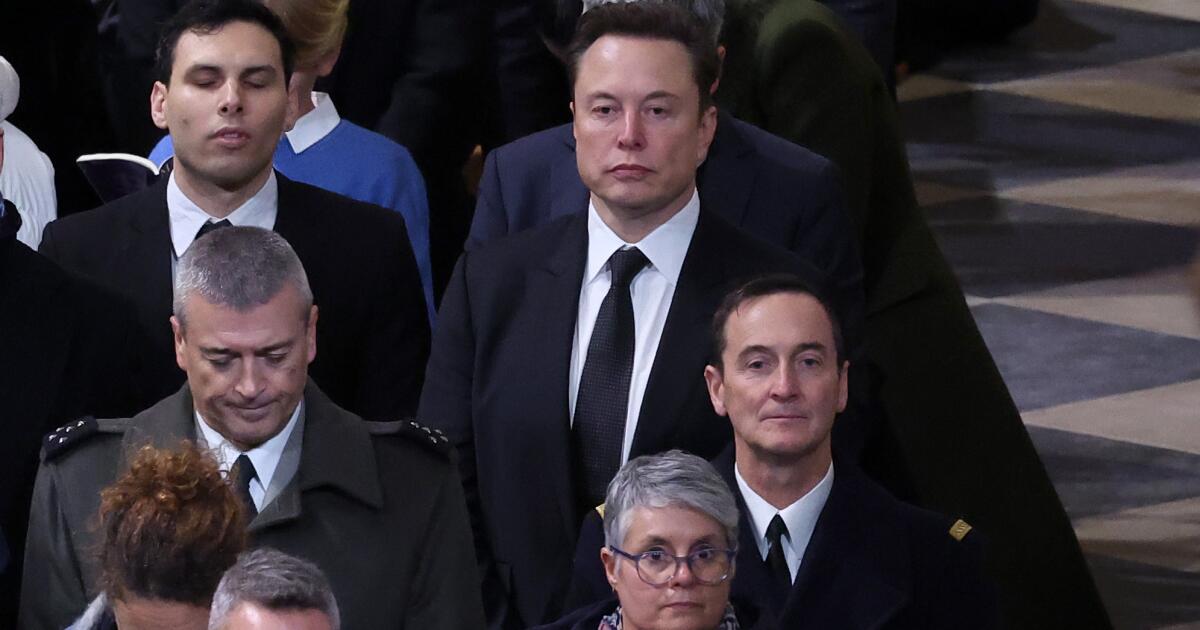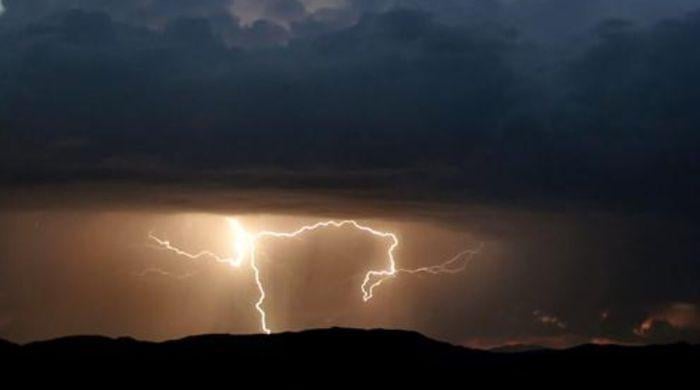After a pretrial period filled with youthful tantrums, failed attempts to delay the process, and savage attacks on prosecutors, the presiding judge, and New Yorkers in general, Donald Trump is about to face the men and women who will decide whether is guilty of 34 felony counts.
With his historic hush money trial set to begin in Manhattan on Monday, the former president might be expected to abandon these so far unsuccessful tactics. But don't bet on it.
The opening act of the trial will likely feature the same type of petulance and vituperation on the part of the defendant, now redirected to the jury selection process.
Trump will hopefully continue to beat the same drum he has done for several months, attacking anyone who is within his legal reach (that is, not expressly outside the limits under the gag orders that Judge Juan M. Merchán) and playing the martyr who suffers for his followers at the hands of the anti-MAGA elite.
Even when facing the tangible prospect of a conviction and prison sentence (although appeals could take several years), his strategy will remain more political than legal. He hopes to win the presidency and then figure out how to clean up the various train wrecks left in his path.
For starters, that means Trump and his legal team can be expected to criticize Merchan's decisions about who to put on the jury.
Like most jurisdictions, Manhattan follows a set of rules that impose a rigorous strategy on litigants. Each side has 10 golden tickets known as peremptory challenges, which can be used to exclude a potential juror for any or no reason (as long as it is not unconstitutionally based on race). Additionally, each party can defend an unlimited number of challenges “for cause.”
The latter are for jurors who litigants say are unfit to serve for various reasons. They could have a close relationship with a party or attorney in the case, personal experience with the type of crime alleged, or some other conflict or bias. In general, the court must accept that it is unable to carry out the jury's primary responsibility to apply the law fairly to the evidence.
The prosecution and the defense will have different strategies. The prosecution will want reasonable and persuadable people who are able to collaborate collegially and reach a consensus. Your ideal candidate may be a well-trained professional.
Trump, meanwhile, has little chance of being acquitted, so his team will look for a jury willing to oppose the other 11 no matter how strong their consensus. That means a nonconformist whose life choices reflect indifference or even antipathy toward the crowd.
Given Trump's notoriety as a defendant, the jury will inevitably include people with strong opinions about him. The search for the jury selection process is not for people who have no opinions about the former president, but for those who can put aside any personal opinions they have and make a judgment based on the evidence and the law.
That means potential jurors can show up and express opinions, including negative opinions about Trump, but, when questioned by the judge and prosecutor, claim they can fairly apply the law and reach a verdict.
Even if the Trump side argues that a jury is inclined to convict, the judge can side with prosecutors and conclude that they can be trusted to do their duty. And then Trump's lawyer will have to decide whether he uses one of his precious peremptory challenges. In the end, they will be forced to accept juries they don't like.
These losing arguments will be more fuel for Trump's eternal fire of victimhood and grievance, and we can expect him to seize on them as alleged evidence of the deep state's conspiracy to bring him down. And if his complaints cross the lines drawn by Merchan's gag orders, they could lead to a series of bitter follow-up legal battles. Prosecutors have already moved to charge Trump with contempt for inflammatory social media messages on the eve and beginning of the trial.
Trump's political strategy has always been in tension with his legal vulnerability, leading him to vilify the judges presiding over his cases and essentially challenge them to hold him in contempt. Now that a jury is judging his conduct, that strategy will go from dubious to stupid. Still, he hasn't given us any reason to expect him to abandon it.
The jury selection process and trial can be expected to feature more Trump tantrums in the courtroom and tirades on the courthouse steps, testing the patience of everyone involved, not least the judge.
Harry Litman is the host of Podcast “Talking about federals” and the Talking about San Diego Speaker series. @harrylitman

